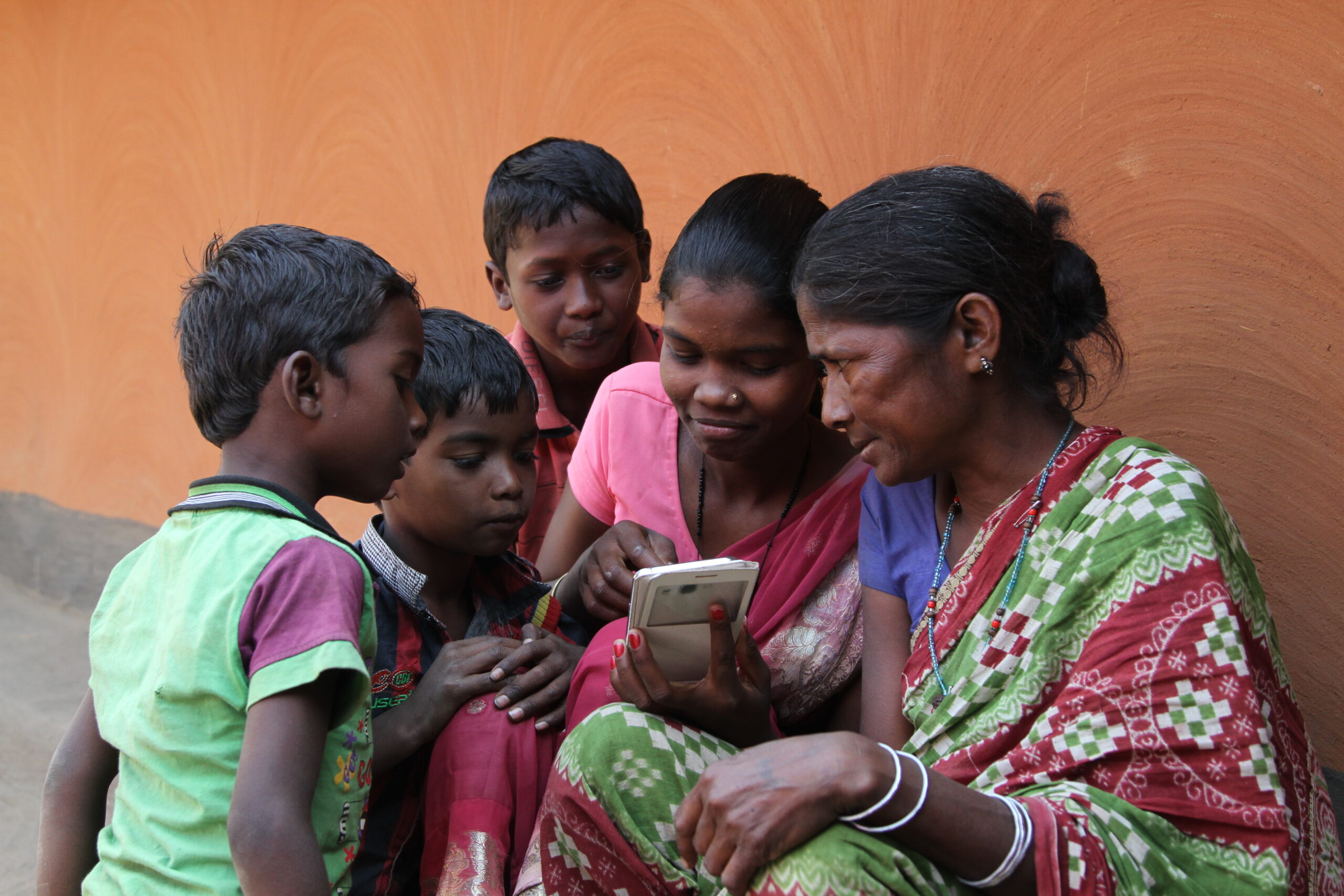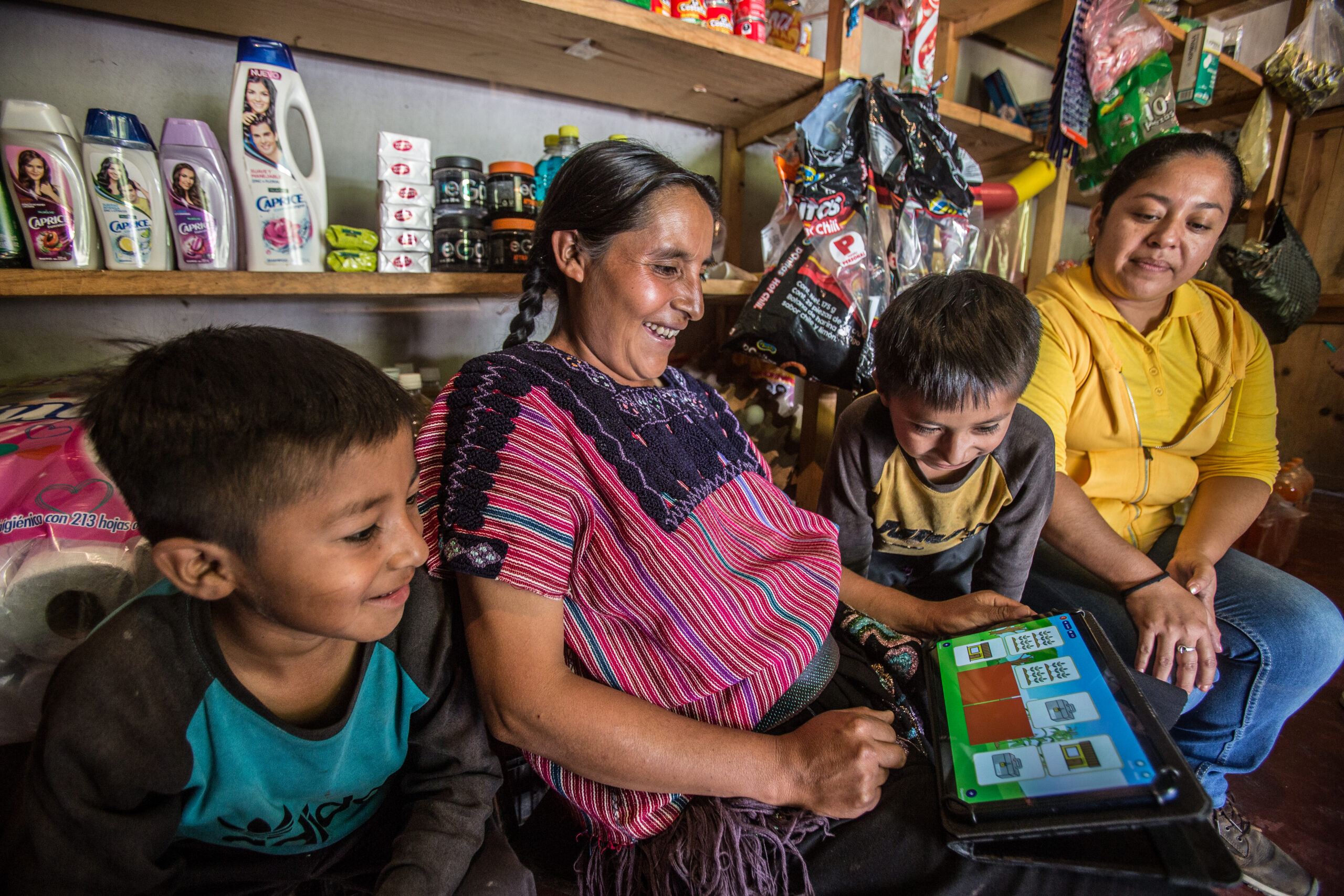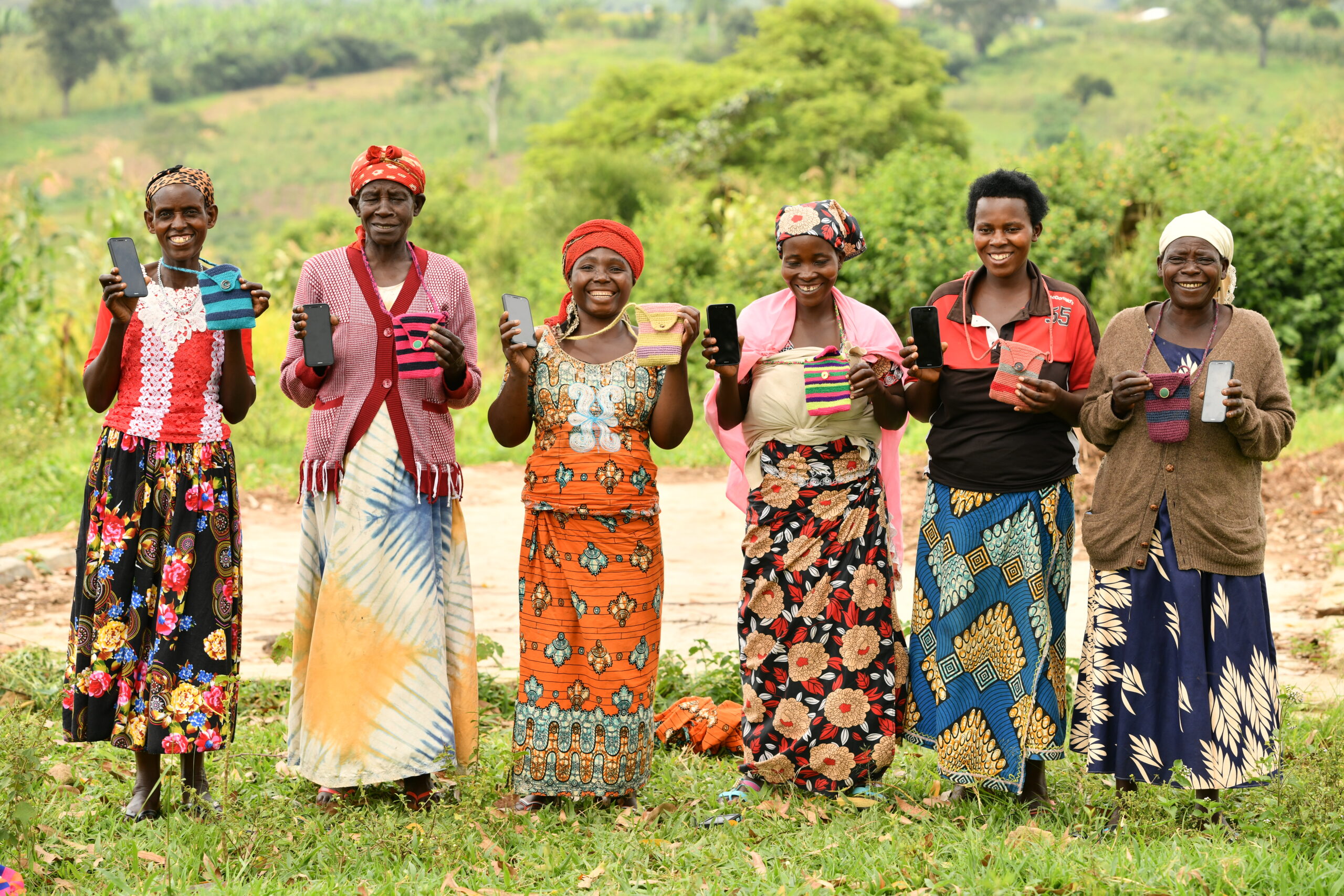Across the world, our participants, who are 97% women, show us the innovative and resourceful ways they are building a better future not only for themselves, but their families, communities, and societies.
While technology is a powerful enabler, its rapid expansion can threaten to leave women and girls behind. Rural women are especially vulnerable to this when they lack digital literacy and ownership of their own technology. Our lives are inextricably connected to the digital world and promoting the social and economic inclusion of rural women to break the cycle of poverty means connecting them with the tools and knowledge they need.
The gender digital divide is the difference in access to technology and the internet between men and women – a gap which has increased by 20 million people in the past four years. As Covid-19 further propels our economies’ dependency on technology, we must be conscious of not leaving rural markets behind. Instead, rural communities need equitable access to the internet and digital technology.
For International Women’s Day 2023, the UN is bringing awareness to the gender digital divide. Our programs rely on strengthening rural participants’ connectivity and digital literacy to close this gap and empower women’s agency and decision-making.
Where Trickle Up works in Africa and South Asia, women continue to face some of the largest gaps in mobile phone ownership and digital access in the world. While this disparity has been decreasing over recent years, for the first time, research has shown that this gap is stalling, which may indicate that there are still structural challenges to including women in the digital world.

In India, our MPOWERED program trains women on digital skills, including digital literacy, that are vital to creating, growing and diversifying their livelihoods and forging resilient pathways out of poverty.
The program has even built out digital literacy by developing coaches, also known as Smart Sakhis, who are able to mentor and teach their own communities about how to use digital technologies in support of their livelihoods.
Trickle Up has also been working to lead the charge on increasing rural women’s digital connectivity in Uganda among refugee and host community women. Via the EQUALS project funded by the Digital Development Partnership, administered by the World Bank, Trickle Up and partner organization AVSI Foundation Uganda piloted a digital literacy curriculum to teach women in Uganda’s Kamwenge District these vital skills.
The curriculum includes a series of animated videos that cover all the basics of owning and caring for a smartphone, and how to leverage these devices to access an application focused on agriculture for the community’s livelihoods. The animations are available in English and in the main languages used by local communities, namely Swahili, Kinyabwisha, and Runyakitara.
A recent study from the University of Oxford indicates that in Latin American and Caribbean countries where women were less likely to own a mobile phone compared to men, the lower women’s participation in the workforce. Rural women are the lest connected group to digital technology and infrastructure.
In our Latin America projects, such as FUERTE and Desde el Poder Local, building our participants’ skills through digital tools available in their native languages is key to implementing our trainings and facilitating the follow up necessary to ensure that our programs address women’s needs in the area.

Inclusive access to digital technologies and education is crucial to reducing gender inequalities and empowering rural women and girls. Increasing access to digital technology and innovation for rural women and girls while addressing their overall social and financial inclusion will allow women to fully participate in rural economies.



